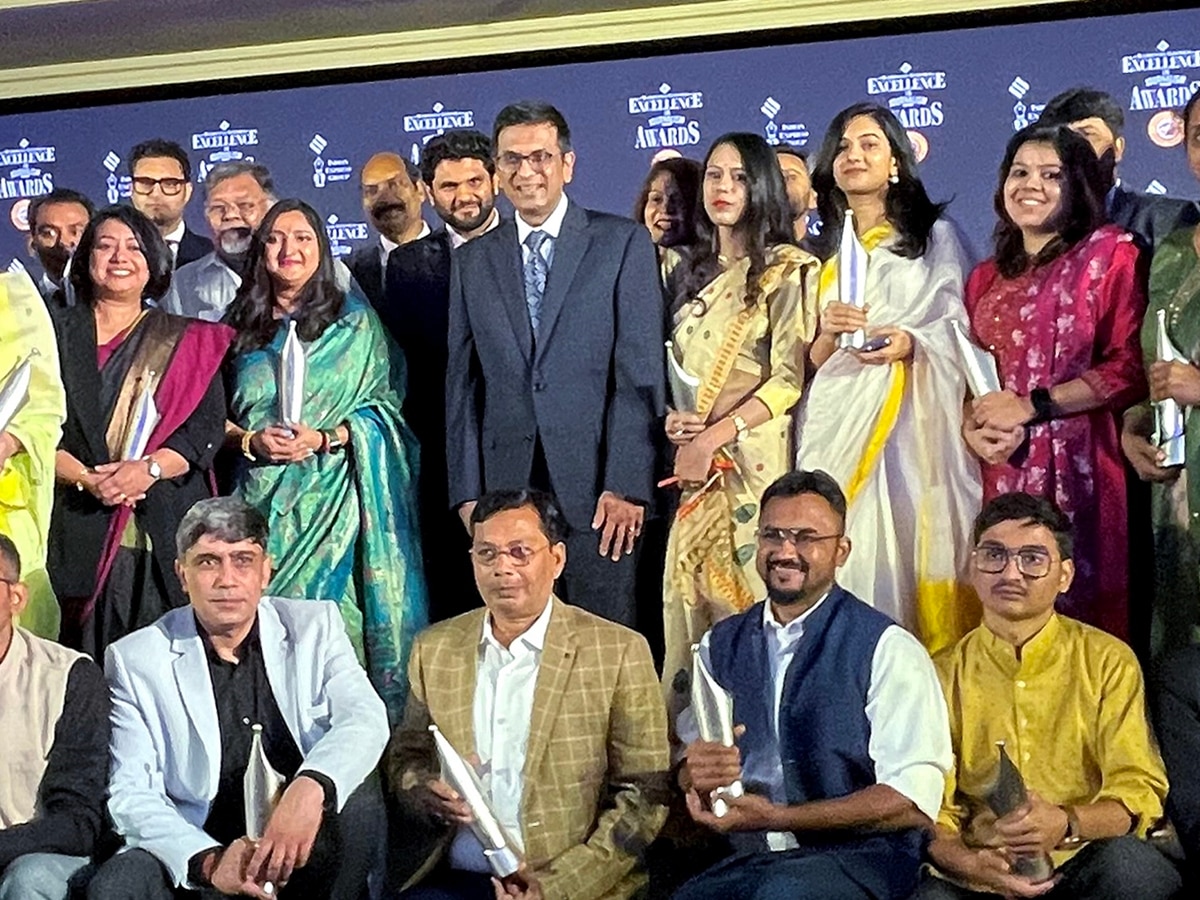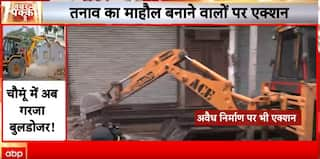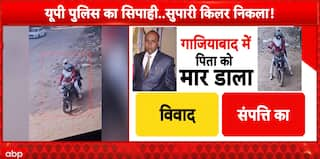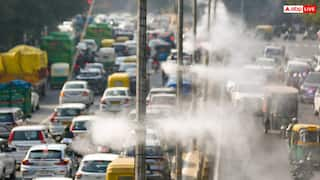‘Selective Quoting’ Of Judges’ Speeches And Judgments A Matter Of Concern: CJI Chandrachud
Speaking at the Ramnath Goenka Awards for Excellence in Journalism, CJI DY Chandrachud said selective quoting has the tendency to distort the public’s understanding of important legal issues.

New Delhi: Chief Justice of India DY Chandrachud Wednesday spoke about “a rising interest in legal journalism”, which he said was “the storyteller of the justice system”, but cautioned against “selective quoting”. He said it was essential for journalists to give a complete picture of events, and not a “one-sided view” because they have a duty to report “accurately and impartially”.
Speaking at the Ramnath Goenka Awards for Excellence in Journalism, CJI Chandrachud said: “Legal journalism is the storyteller of the justice system, shedding light on the complexities of the law. However, selective quoting of speeches and judgments of judges by journalists in India has become a matter of concern.”
He said the practice could distort the understanding of important legal issues among the public. “Judges’ decisions are often complex and nuanced, and selective quoting can give the impression that a judgment means something entirely different from what the judge actually intended. It is thus essential for journalists to provide a complete picture of events, rather than presenting a one-sided view,” the Chief Justice added.
ALSO READ | Rahul Gandhi Found Guilty In 'Modi Surname' Remark Case, Given 2-Year Jail Term, Later Gets Bail
‘Press Must Remain Free If A Country Is To Remain A Democracy’
CJI Chandrachud, who was the chief guest at the award ceremony, also stressed how free press is important for a democracy. “A functional and healthy democracy must encourage the development of journalism as an institution that can ask difficult questions to the establishment — or as it is commonly known, ‘speak truth to power’,” he said, adding that the vibrancy of any democracy is compromised when the media is stopped from doing this. “The press must remain free if a country is to remain a democracy.”
The top Supreme Court judge also highlighted the need to understand why disagreement should not lead to hatred and violence.
“As citizens, we may not agree with the approach that a journalist has adopted or the conclusions that they reach…But disagreement must not distort into hatred and hatred must not be permitted to evolve into violence,” he said.

The CJI presented RNG Awards to the winners of 2019 and 2020 on Wednesday. As many as 43 winners, who could not be honoured earlier because of the pandemic, were felicitated. ABP News’ Sanjay Nandan was awarded in the Uncovering India Invisible (Broadcast) category for 2020 for his report on ‘What goes into the making of a Naxal in India; the perspective, the lens and the voices’.
Praising the profession of journalism, CJI Chandrachud said he was “tremendously impressed by the depth and breadth of the reportage” by journalists. “To those journalists who have not won today – you are no less a winner in the game of life for yours is a noble profession.”
He also said the professions of law and journalism “share some things in common”. “...persons of both professions are fierce believers of the aphorism that the pen is mightier than the sword. But, they also share the occupational hazard of being disliked by virtue of their professions – no easy cross to bear.”
Related Video
Indore Water Crisis: Contaminated Supply Causes Deaths, Authorities Face Severe Negligence Questions
Top Headlines





































